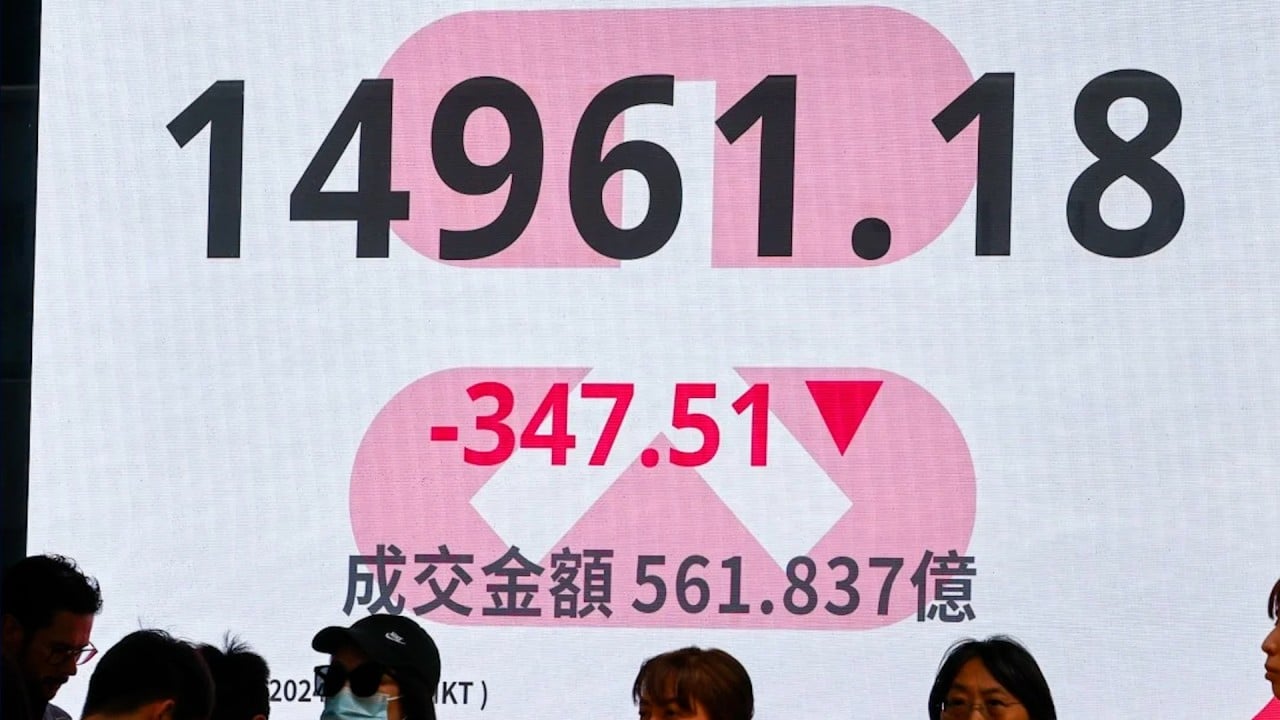The Hang Seng Index, which surged as much as 31 per cent through May from a January low in a US$1.2 trillion bull run, has been struggling to find direction in recent weeks as the stimulus-powered upturn lost steam. The city’s benchmark index has fallen back 6.6 per cent after hitting a high on May 20, narrowing its first-half gain to 7.5 per cent, according to Bloomberg data.
“The market is now looking for more catalysts, and is well positioned to climb higher” should the tailwinds come through, said Liu.
“Hong Kong and China are really cheap,” Frank Benzimra, head of Asia equity strategy and multi-asset strategist at the bank, said at a media briefing on Wednesday. “That means the market has a more favourable risk-reward.”
Meanwhile, the buying of Hong Kong exchange-traded funds (ETFs) by Chinese state-run funds known as the national team this week have reinforced bets that policy support will only grow more forceful to protect the downside, according to KGI Asia.
Southbound investors, encouraged by the national team’s buying, could also speed up their purchases of Hong Kong-listed shares in pursuit of yield, providing additional support, said Wen.
To be sure, there is a risk that Beijing’s stimulus measures could fall short of market expectations as the authorities want to reduce the economy’s reliance on credit, Arthur Budaghyan, chief strategist for emerging markets and China at BCA Research, said in a note to clients on Wednesday.
Furthermore, the property crisis is putting off money managers like LGT, which said the stabilisation of the troubled market is “a necessary first condition” of becoming more positive about China equities.
“Volatility will increase a lot as we go into July and August because we get closer to the US elections,” said Stefan Hofer, managing director and chief investment strategist at LGT.
While risks remain, the potential for a more favourable policy environment and attractive valuations could provide a solid foundation for a significant rebound in Hong Kong stocks, according to KGI’s Wen.
“We anticipate that in the second half of 2024, the Hong Kong market may better reflect the positive factors,” he said.


